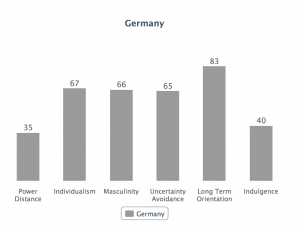In Chapter 8, Hans Michaelis, a retired lawyer, is speaking to his niece, Maria, about the possibility of being relocated to a concentration camp. He tells her that he does not have much time before the SS arrive to take him away to one of the camps, so he asks her whether he should suffer a terrible fate or end his life. In Nazi Germany, many other Jews faced a similar predicament. Should they endure a harsh life in one of the concentration camps or should they take the “easy” way out and end their life? In most cases, they were going to end up dead either way, so suicide was an option exercised by many, including Hans.
Although the total number of suicides is unknown, estimates assume that one in four Jews committed suicide. However, suicide was not the only option. Some Jews decided to go “underground”, which was basically hiding from authorities in the houses of friends. Berlin at War offers one example of a Jewish doctor staying with an old friend in Berlin. However, many did not actively help Jews escape from certain death. They turned a “blind eye” on the Jews, allowing the Nazi State to do with them as they please.
Non-Jews living in Berlin were ignorant of the truth behind the Holocaust. There are a few reasons why this is the case. First, self-censorship was exercised because ordinary Berliners did not want to come into conflict with Nazi police. Anti-Semitism was a second reason, since some Berliners appreciated the removal of Jews from the capital. Berliners were also seen to be greedy because they would take the belongings of Jews formerly living in the capital. It is sad to see how selfish people were during the Second World War. Even today, Germany remains to be an individualistic nation, based on their score of 67 in the Hofstede index.

Reflecting on this chapter, I find it incredibly saddening that German citizens, for the most part, did not offer a helping hand to Jews in need. It seems as if all people living in Europe during the war were only looking after themselves. In western countries today, I think that we have shifted towards a more collectivist culture, in which we help out friends and family in times of need. Regardless if we like the person or not, we always seem to be there willing to provide support to acquaintances. Especially at work, I tend to help my co-workers out when they have to give away a shift for a family emergency or some other event that they planned months in advance. It is important to help people in times of need so that you know you have someone who can return the favor in the future.

Where does the US place on the scale? My guess is that we are more individualistic than Germany. It is also difficult to predict how you would behave if penalties for helping were higher–would you help your co-workers if you could be imprisoned for it? The question shifts as the parameters change.